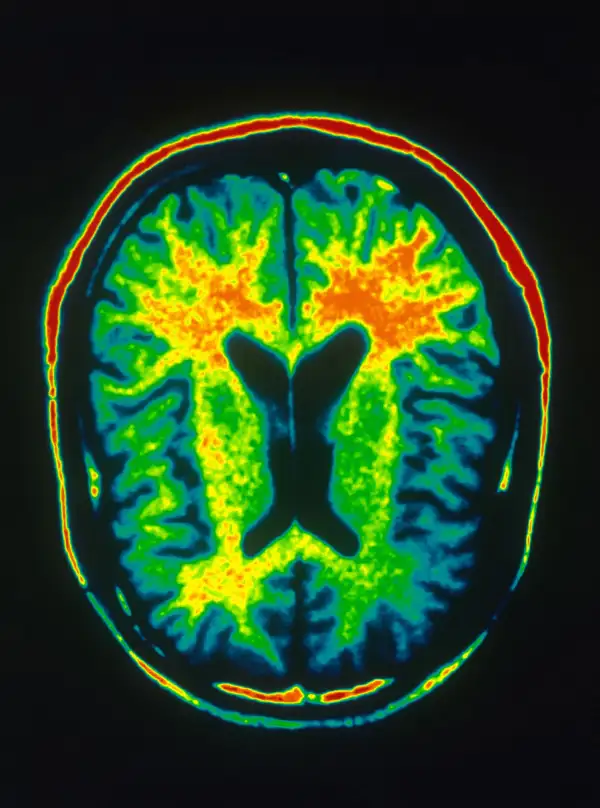This is Your Brain on Expensive Wine

A new study in the Journal of Marketing Research confirms what prior research (and, in some cases, gut feeling) has told us for years: Most people can't really taste the difference between cheap and expensive wine.
These new findings, by INSEAD marketing professor Hilke Plassmann and University of Bonn neuroscience professor Bernd Weber, go a step further than previous studies in explaining why people get more enjoyment from a wine they're told is expensive and less pleasure from one they're told is cheap—even if they are actually drinking the same wine.
"Expectations truly influence neurobiological responses," write the authors.
But how much we're swayed by that influence ranges from person to person. One key factor, the researchers found, is the structure of your brain. Everyone is somewhat suggestible to the placebo effect from being told wine is cheap or expensive, but some brains are more suggestible than others.
Specifically, people with more volume in areas of the brain controlling sensory awareness are less susceptible to marketing placebo effects. (That's logical: They're more likely to sense, on their own, if a wine tastes cheap.)
On the other hand, people with more volume in parts of the brain associated with reward seeking and emotional self-evaluation are more susceptible to marketing placebo effects from price tags. The authors theorize that expectations have a bigger effect on these people: As soon as they see an high price, it appears, they start anticipating a luxurious experience, whether consciously or not.
One big grain of salt? Neuroscientists don't all agree that using brain structure to infer behavior or personality makes for sound science—and Plassmann and Weber acknowledge in their study that some researchers are skeptical of that methodology in general.
Though the authors used MRI brain scans to arrive at their conclusions, they also asked subjects to answer questions as another way of measuring how personality was correlated with susceptibility to prices. For example, they asked subjects how much they agreed with statements like "when I get something I want, I feel excited and energized" as a second way of determining how "reward-seeking" they were—and found a similar effect as in the MRI section of the study.
Previous blind tasting studies have also found that when prices are hidden, most people don't enjoy expensive wines more than cheaper bottles. Surprisingly, they even tend to rate inexpensive bottles slightly higher.
